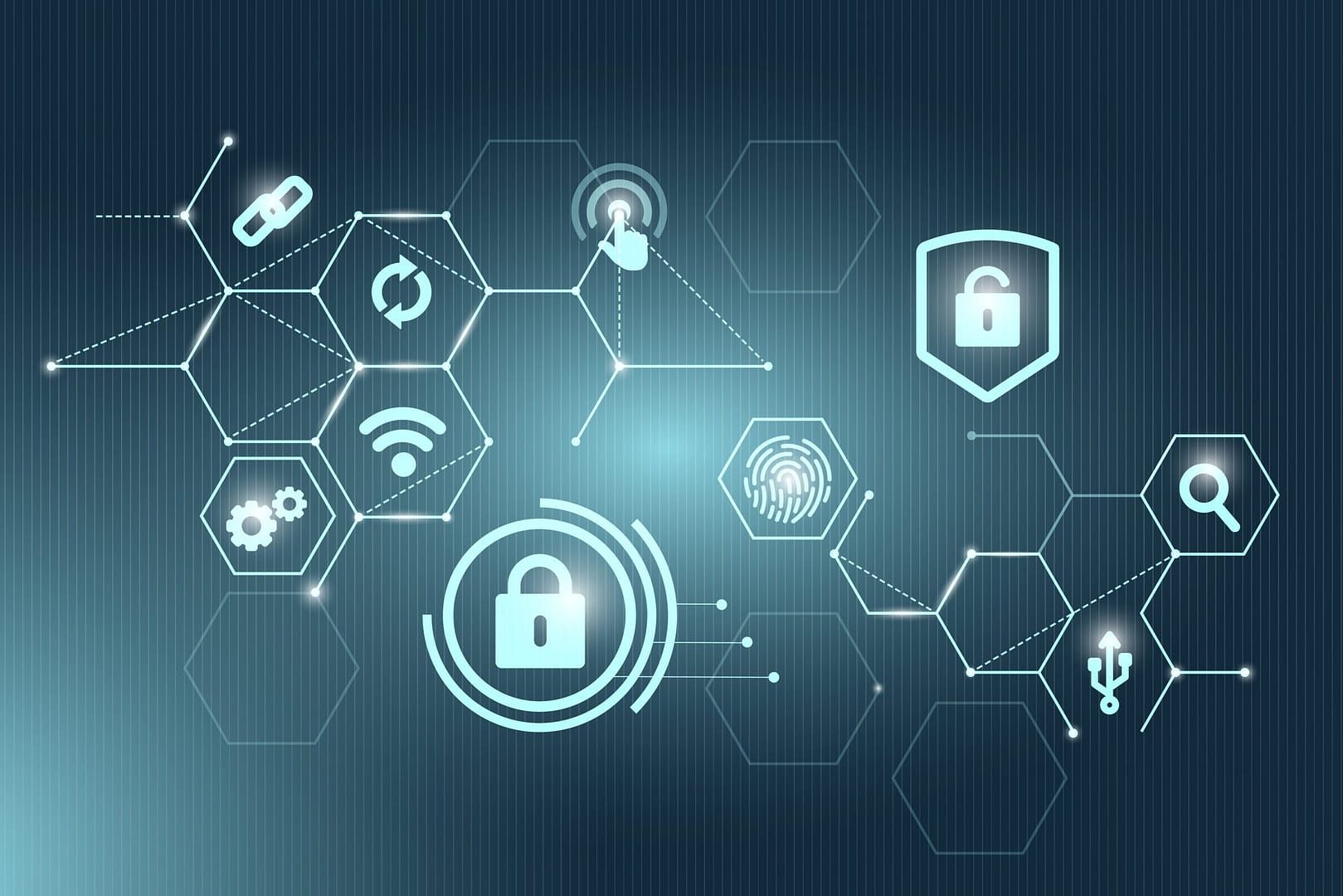In the era of rapid technological advancements, artificial intelligence (AI) is making significant strides, and one area where its impact is particularly transformative is education. Artificial Intelligence in Education is not just a futuristic concept; it is a reality reshaping the way we teach and learn. In this blog, we will explore the various dimensions of AI in education and how it is revolutionizing the educational landscape.
Personalized Learning Experiences:
One of the most notable contributions of AI in education is its ability to provide personalized learning experiences. Traditional one-size-fits-all teaching methods are giving way to adaptive learning platforms powered by AI. These systems analyze students’ strengths, weaknesses, and learning styles, creating tailor-made educational paths that cater to individual needs. This not only enhances comprehension but also ensures that each student can progress at their own pace, fostering a more effective and engaging learning environment.
Adaptive Assessments and Feedback:
AI has revolutionized the assessment process by introducing adaptive assessments. These assessments dynamically adjust difficulty levels based on a student’s performance, providing a more accurate measure of their understanding. Immediate feedback, facilitated by AI, allows students to identify and rectify mistakes promptly, promoting a continuous learning cycle. Educators can also benefit from AI-generated insights, enabling them to adapt their teaching strategies to address specific learning gaps.
Intelligent Tutoring Systems:
AI-powered intelligent tutoring systems act as personalized guides for students. These systems analyze data on student performance and provide targeted assistance, adapting to the individual needs of each learner. Whether it’s addressing specific misconceptions or offering additional challenges for advanced students, intelligent tutoring systems enhance the effectiveness of one-on-one learning, making education more dynamic and responsive.
Enhancing Teacher Efficiency:
Artificial intelligence doesn’t replace teachers; instead, it empowers them. AI tools can automate routine administrative tasks, such as grading and attendance tracking, allowing educators to focus more on meaningful interactions with students. Additionally, AI can provide valuable insights into student progress, helping teachers make informed decisions about their instructional methods and interventions.
Bridging Gaps with Chatbots:
AI-driven chatbots have become valuable assets in educational settings. These virtual assistants can provide instant support to students, answering queries, guiding them through assignments, and offering additional resources. Chatbots also contribute to a sense of accessibility, making learning materials available around the clock and breaking down traditional barriers to education.
Ethical Considerations and Privacy:
While the potential benefits of AI in education are vast, it is essential to address ethical considerations and privacy concerns. Safeguarding student data, ensuring transparency in the use of AI algorithms, and respecting privacy rights are paramount. Striking the right balance between leveraging the benefits of AI and maintaining ethical standards is crucial for the responsible integration of this technology in education.
The Future of AI in Education:
As we look ahead, the role of AI in education is expected to evolve further. Continuous research and development will refine AI algorithms, making them more sophisticated and attuned to the unique needs of learners. Collaboration between educators, technologists, policymakers, and other stakeholders will be essential to harnessing the full potential of AI in education.
In conclusion, artificial intelligence is not just a technological innovation; it is a catalyst for positive change in education. By embracing AI, we have the opportunity to create more personalized, adaptive, and efficient learning experiences. As we navigate the ever-evolving landscape of AI in education, it is crucial to approach it with a commitment to ethical practices, privacy, and a shared goal of empowering students and educators alike. The future of education is being shaped by the transformative power of artificial intelligence, and it’s an exciting journey towards a more inclusive and effective educational experience for all.
